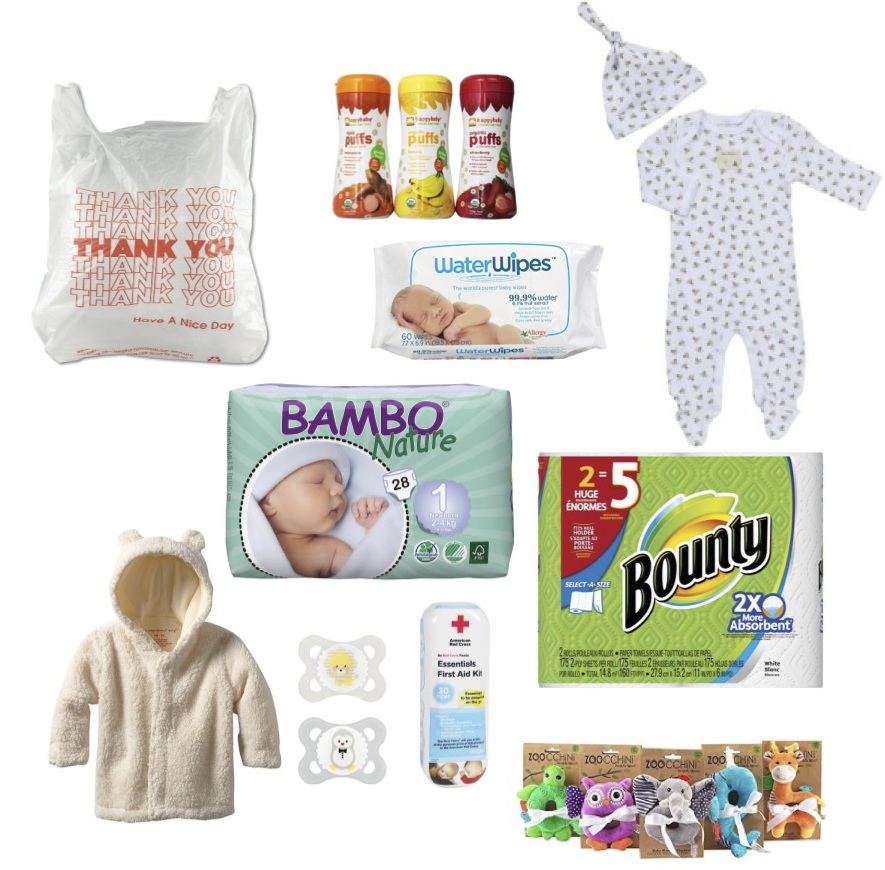Must-Have Survival Items: Preparing for the Unexpected

In the face of unforeseen emergencies or survival situations, it’s essential to be prepared with a well-stocked survival kit. These kits should contain a combination of items that can provide you with the basic necessities for survival and help you endure challenging conditions. Here are some must-have items to include in your survival kit:

Water and Food: Access to clean water and nutritious food is crucial for survival. Pack at least a gallon of water per person and consider adding purification tablets or filters to ensure safe drinking water. Non-perishable food items like canned goods, energy bars, and dried fruit can also provide sustenance during emergencies.

First Aid Kit: A comprehensive first aid kit should be included to treat injuries and illnesses. It should contain essential medical supplies such as bandages, antiseptic wipes, pain relievers, and any essential prescription medications.
Communication Devices: Staying connected and informed in a survival situation is vital. Pack a portable radio or satellite phone to access weather updates, emergency broadcasts, and communication channels. Don’t forget batteries or power banks to keep these devices operational.
Navigation Tools: Knowing your location and direction is necessary, especially in remote areas. Include a map of your region, a compass, and perhaps a GPS device if available. These tools will help you navigate unfamiliar terrain and stay on track.
Fire Starter and Matches: The ability to create fire is essential for warmth, cooking, and boiling water. Pack a lighter, waterproof matches, or a fire starter kit. These items can help you ignite a fire even in wet conditions.
Shelter and Bedding: Protection from the elements is crucial for survival. A waterproof tarp or tent can provide shelter, while a sleeping bag or blanket can keep you warm during chilly nights.
Tools and Utility Items: Multi-purpose tools, such as a Swiss Army knife, pliers, and a small saw, can be incredibly useful in various situations. A flashlight, extra batteries, duct tape, and a whistle are also valuable additions to your kit.
Clothing and Footwear: Pack layers of clothing to accommodate different weather conditions, including rain gear and proper footwear suitable for rugged terrain. Consider packing sturdy work gloves to protect your hands during outdoor tasks.
Essential Documents: Keep copies of important documents like your ID, insurance information, and contact details in a waterproof container. These documents may be necessary in emergency situations, and having them readily accessible can save valuable time.
Personal Hygiene Items: Maintaining personal hygiene is essential for overall health and well-being. Include a small supply of soap, toilet paper, and basic toiletries to help you keep clean and prevent infections.
Remember to check expiry dates on food and medical items regularly to ensure optimal effectiveness. Customize your kit to meet your specific needs and consider additional items that may be relevant to your region or activities. Planning, preparation, and regular maintenance of your survival kit can greatly increase your chances of navigating difficult situations effectively.









